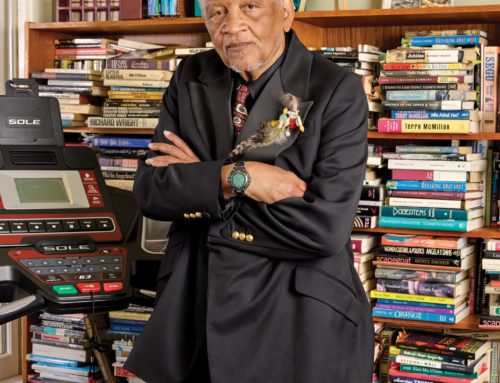A Brief History of Yes is a weeping novel. Its cohesion is mourning. Ineluctable sorrow manifests in its structure and grammar, in its sounds and imagery. Its subject is one woman’s obsessive grief and despair after a break-up. But it would be impertinent to think of A Brief History of Yes as a trite break-up novel. In prose, in thought, in raw emotion it defies expectations, seeking in its disregard of traditional novel form to describe in the “language of the heart” the misery of having one’s ideals and ideas of love confronted and dashed by a lover. And Micheline Aharonian Marcom’s abiding interpretation of this language is reaching and relentless and unrestrained.


